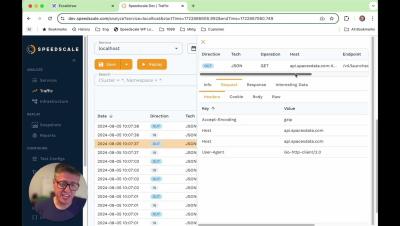Take Your Document Processing Time from Hours to Seconds
Every business handles numerous document types—contracts, purchase orders, reports, invoices—you name it. And the thing about documents? They never look the same. One day, you’ve got a well-organized PDF with neatly labeled sections, making it easy to find what you need. The next, you’re stuck with a document that’s all over the place—random tables, text scattered everywhere, or even a scanned image that doesn’t fit the mold.











